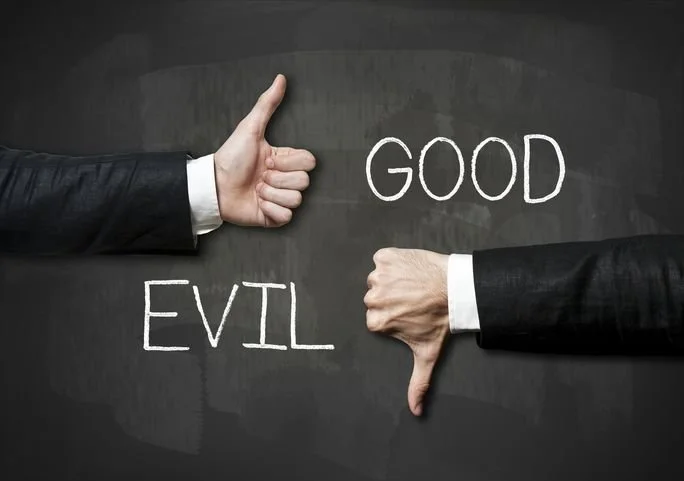The United States Conference of Catholic Bishops assembled in Baltimore two weeks ago to elect a new president. Archbishop Timothy Broglio of the Military Services, tasked with overseeing Catholic ministries to members of the U.S. armed forces, was elected to lead the USCCB.
The 70-year-old archbishop won election to a three-year term on Nov. 15 after emerging victorious from a field of 10 candidates. What Broglio’s election means for the church, our national politics and for everyday Catholics depends on whom you ask.
Certainly, news coverage of Broglio’s election seemed to focus on the priorities of the media organization’s own political priorities rather than impartial, fact-based reporting that included the church’s own positions on an array of subjects Broglio will have to deal with in his term.
As we say here at GetReligion: Politics is real. Religion? Not so much.
The New York Times framed their coverage under the headline, “U.S. Catholic Bishops Elect Leaders for Anti-Abortion Fight.” This is how their story opened:
BALTIMORE — A week after bruising losses for anti-abortion forces in the midterm elections, America’s Roman Catholic bishops rededicated themselves to ending abortion and elected a slate of new leaders to support that goal during their annual meeting. …
The job ahead is “perhaps even more massive than we thought,” said Archbishop William E. Lori of Baltimore, who has chaired the bishops’ Committee on Pro-Life Activities. “We have to engage in this with mind and heart and soul.”
The bishops chose Archbishop Timothy P. Broglio, who leads the Archdiocese for the Military Services, as their new president. Archbishop Lori, the runner-up for the presidency, will serve as vice president. Both men have taken strong positions against abortion and are expected to continue the conservative leanings of the hierarchy on an array of social issues.
Archbishop Broglio supported religious exemptions for military service members who did not want to receive the Covid-19 vaccine “if it would violate the sanctity of his or her conscience.” The Vatican had approved of the vaccines, but some Catholics and others opposed to abortion asked for religious exemptions because of the use of stem cells derived from aborted fetuses to develop some vaccines.
He has previously suggested that homosexuality was to blame for the church’s sexual abuse crisis, though studies have found no connection between homosexuality and child abuse.
There’s a lot to unpack there, but the news story managed to get the words abortion, vaccines and homosexuality in the first five paragraphs. Broglio is made out to be some deranged right-wing politician.










